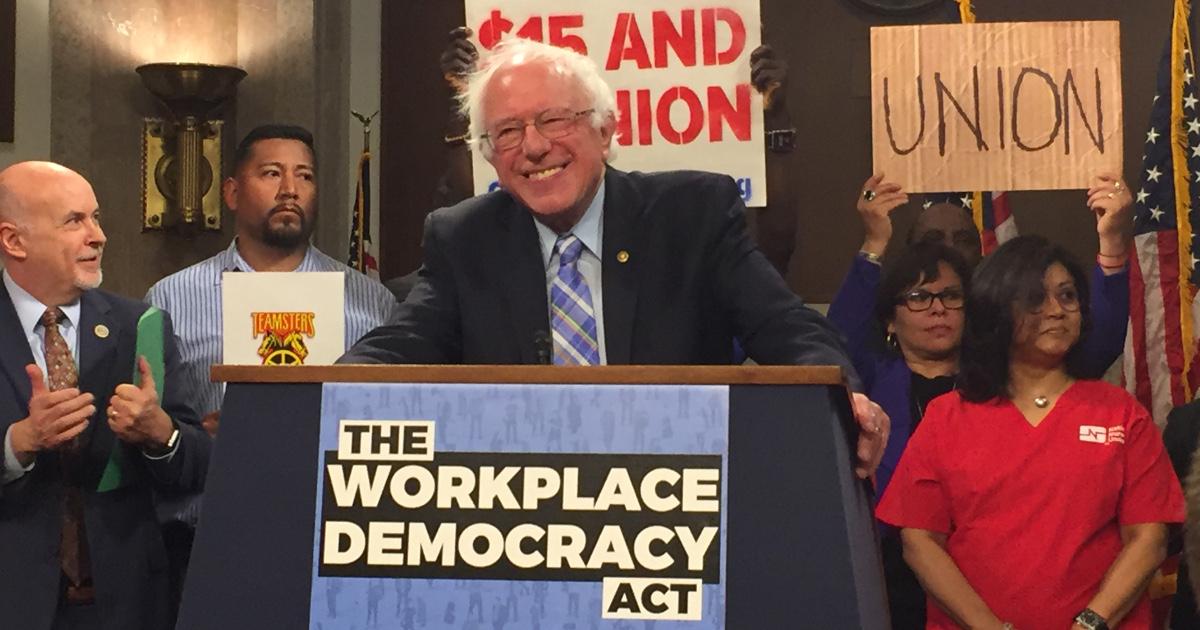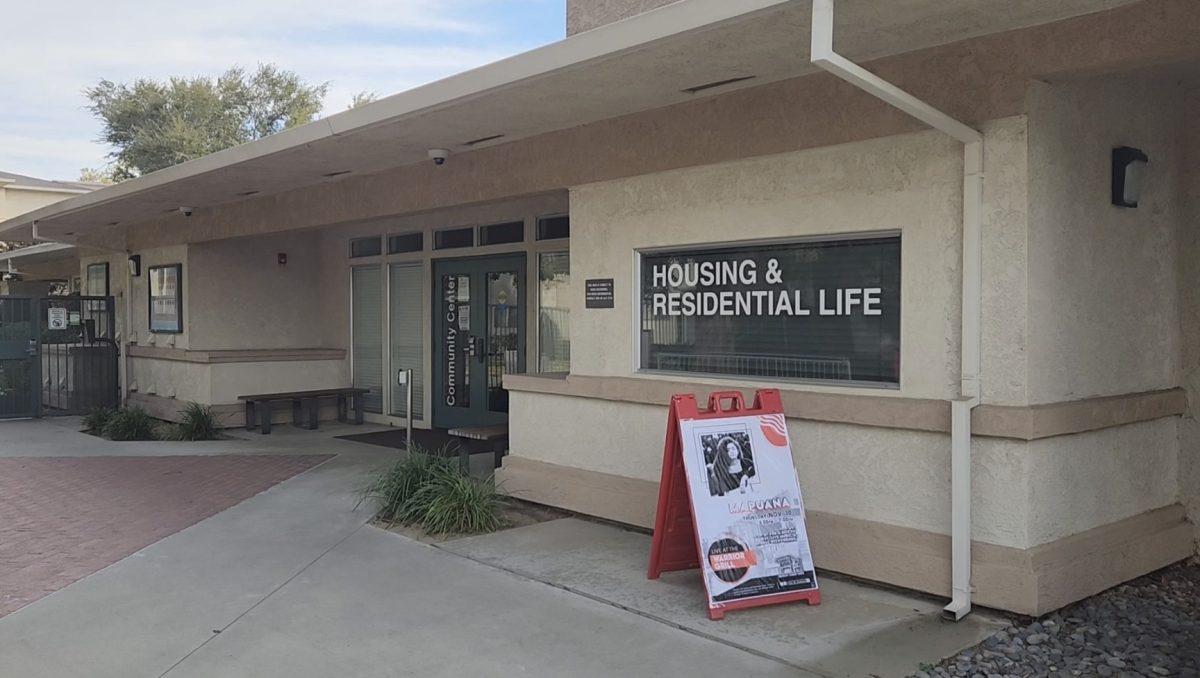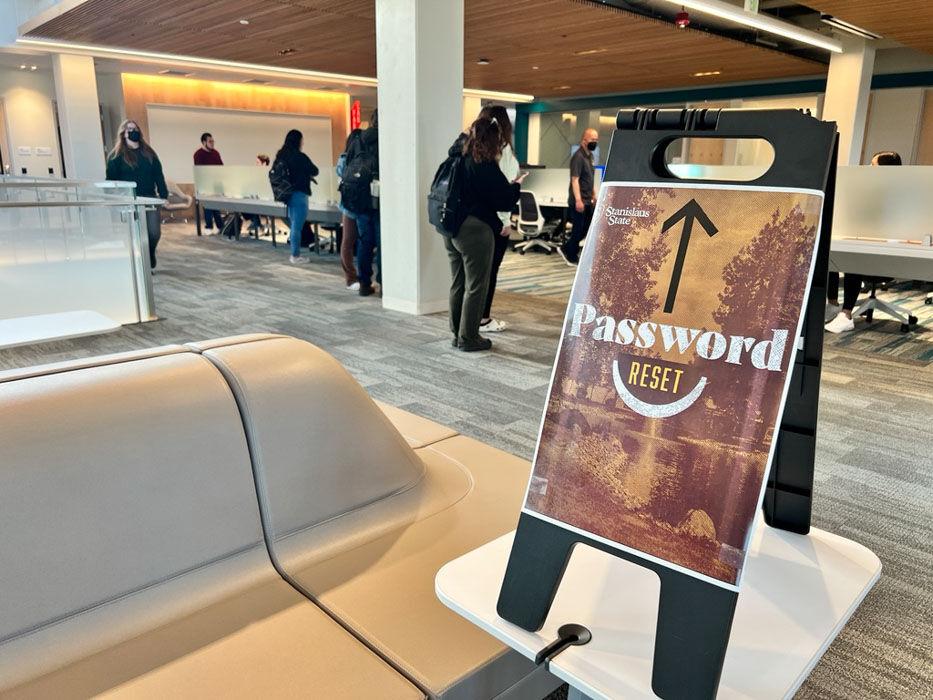As Aparna Mathur reports in Forbes Magazine, today we are 40% less likely to make more money than our grandparents did in the 1940s. Going further, according to BBC News, Americans could pay for a year’s worth of college tuition on 300 hours of minimum wage work in the 1970s. Today, however, we need about a thousand hours of minimum wage work to get the same thing.
A study by the World Economic Forum has found that younger generations are working harder, and money is certainly being made, but most of them will never be able to accumulate wealth. This has been made extremely clear over the past year as the nation’s billionaires have grown billions of dollars richer, while at the same time a large chunk of the population is struggling just to put food on the table.
As the numbers show, things are only going to get worse unless we change something.
Nevertheless, democratizing the workplaces can make every American’s economic situation better than it is today.
What does it look like? An idea is a worker cooperative that could lead to more productivity and happier workers. A worker cooperative is a firm that is owned and run democratically by those who work there. It starts with taking power out of the hands of CEOs and higher-ups in a firm and democratizing the workplace. Everyone thus gets a say in company decisions, and everyone benefits fairly from the profits of that business.
This isn’t just a utopian idea, though. A study done by Virginie Perotin of Leeds University demonstrates that, not only are worker cooperatives able to compete with traditional firms, but they are also often more productive. The study also suggests that the success of cooperative firms wasn’t dependent on the size of the company, meaning both big and small businesses would benefit from a transition towards a worker-owned model.
Even if we don’t go straight into worker cooperatives, there are still options that exist to give workers more power.
Another idea to democratize the workplaces is to require companies of a certain size to gradually give workers more and more stock in the company until it is eventually 20% worker-owned. This is a midway option proposed by Senator Bernie Sanders. This would provide some of the same benefits of a worker cooperative, such as workers fairly benefiting from the success of the company as well as having a voice in decision making, just to a much smaller degree.
In a democratic country such as ours, it seems natural that we transition towards a democratic workplace, especially given the ever-worsening conditions for most working people.
The simple fact that things like college tuition and home prices are rising while wages remain stagnant should horrify any young American, and the fact that all this is happening while a select few get richer and richer off of your hard work should infuriate you.
A worker-owned economy would bring profits back to the worker, closing the massive wealth gap that is constantly increasing. You would be able to earn based on the success of your company as opposed to a wage that rarely increases and is near impossible to live on. Under this model you can do the basic things that are becoming harder and harder, such as buy a home or start a family.
The wealth of this nation wasn’t built on the backs of CEOs. It was created by workers and stolen by those at the top. If I had to guess, I wouldn’t think that, for example, Jeff Bezos works thousands of times harder or is thousands of times smarter than the average Amazon employees. Indeed, I believe Amazon and other companies would function just fine if you gave the ownership or decision power of managers and higher-ups to the employees in the form of workplace democracy.







